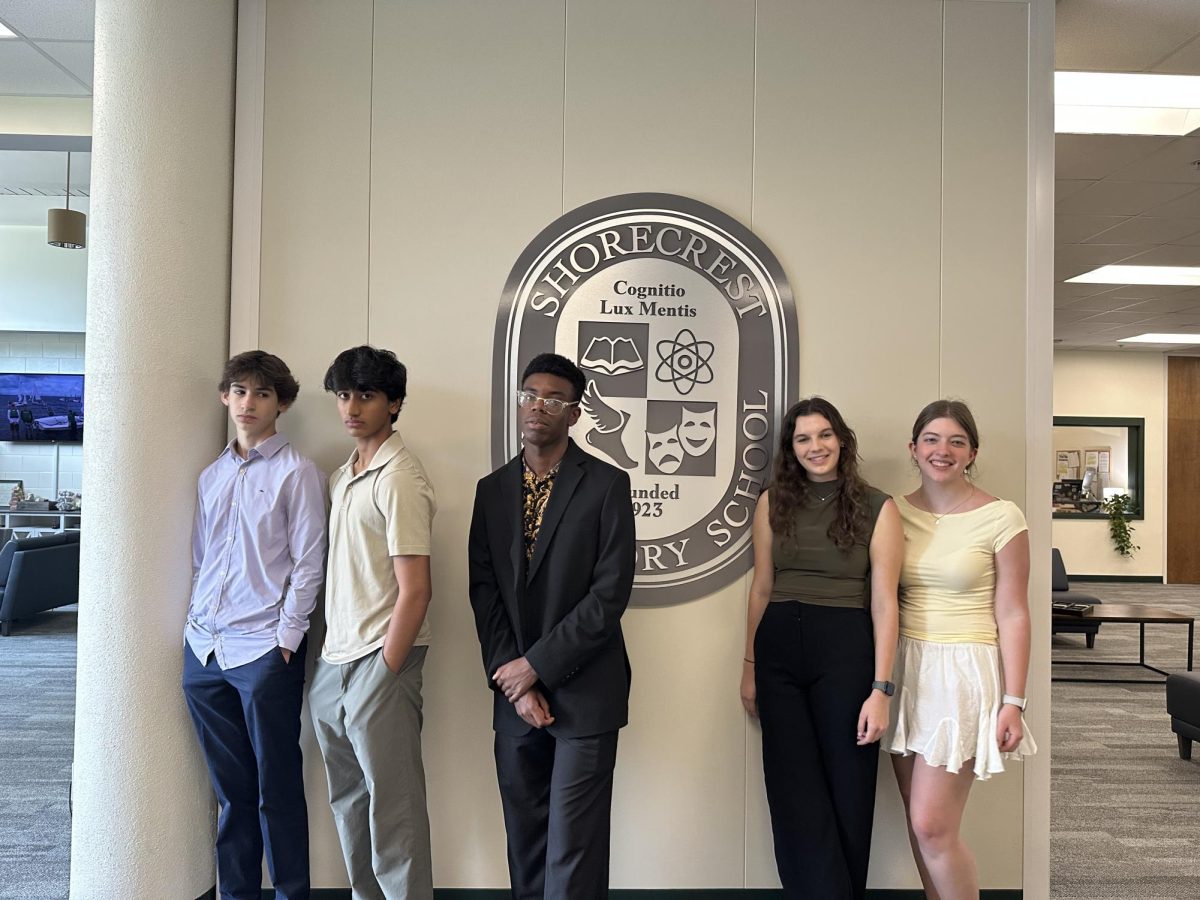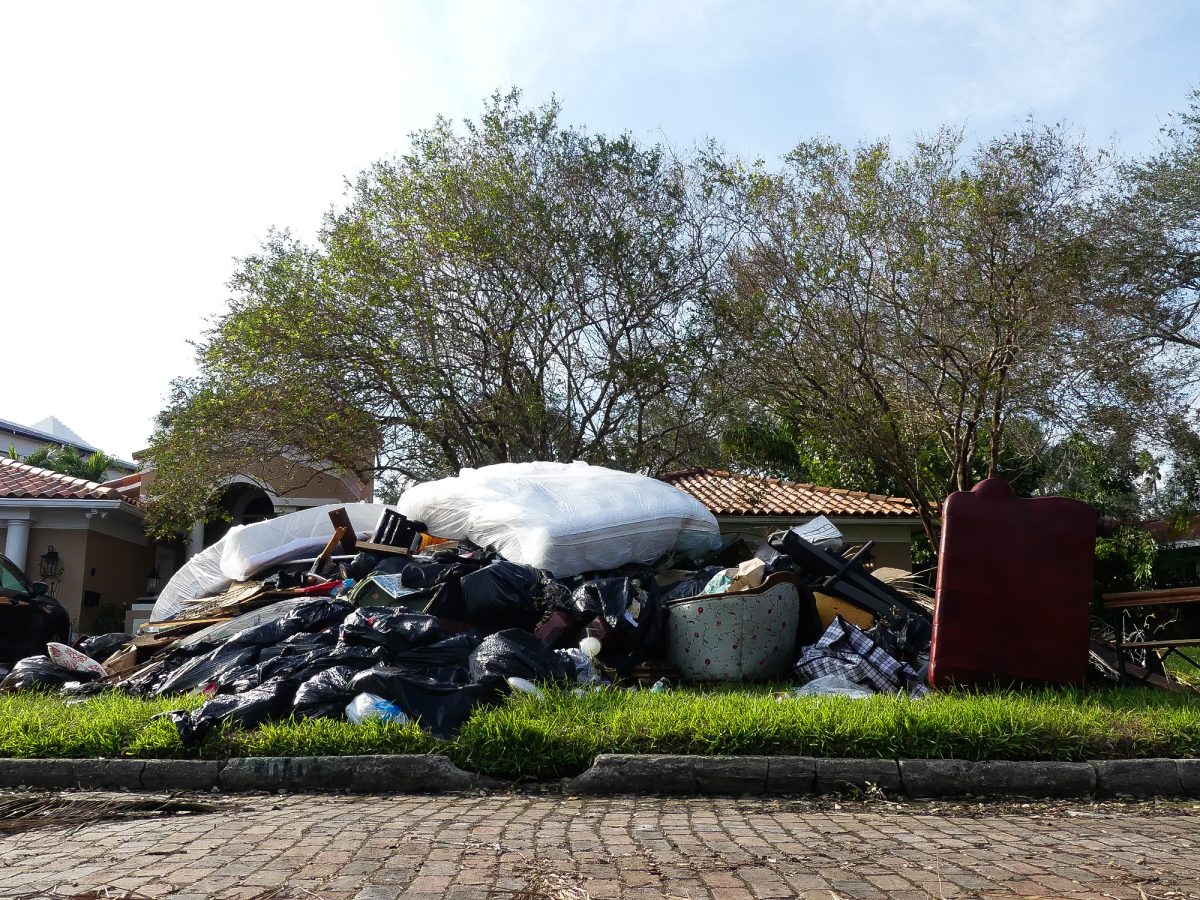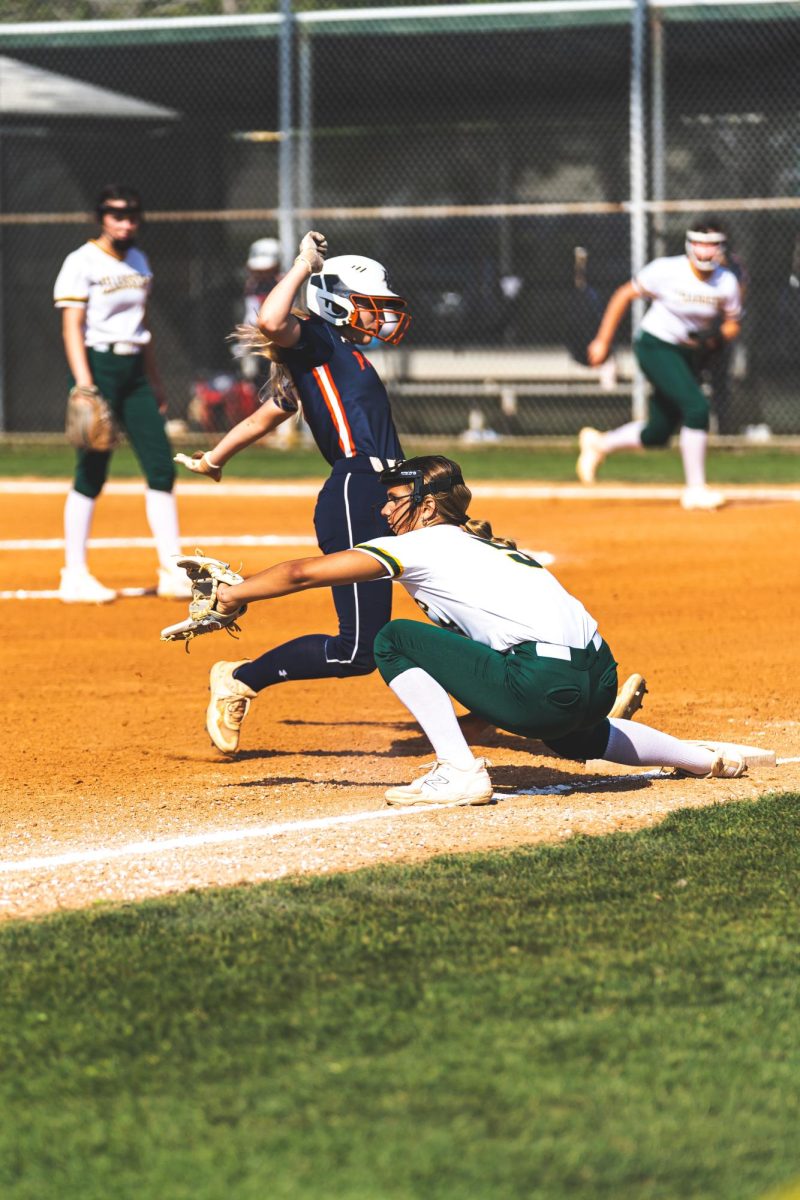What is feminism? This seems to be a burning question of the 21st century. To US Math Department Chair Jessica Thorn, feminism is “feeling and knowing that all girls and women can do the things they want to do without being questioned and that we have just as [many] rights as anyone else.”
However, this question may have a different answer depending on where you are in the world. In the United States, the first wave of feminism began in the late 1840s, but for other countries, such as Vietnam, feminism didn’t gather any momentum until the 1930s–almost 100 years later.
Chaperones Thorn and US Social Studies Department Chair and GSI Director Kayla Brazee observed these effects during a Shorecrest summer trip to Thailand, Cambodia, and Vietnam.
While planning the trip, Brazee was in contact with the Education First (EF) tour guide, who warned her about the cultural differences between the United States and Vietnam. “From what I heard the tour guide [tell] Kayla, I thought that we would have to be very covered up all the time,” said Thorn.
However, as became obvious throughout the trip, the trip attendees’ expectations were often upset. The only place that the students and teachers had to dress modestly, however, was in temples. Brazee said, “It’s like in America how there are dress codes for women in the workplace.” The dress code is upheld as a show of respect in both America and Asia.
On the first day of the trip, Thorn observed that the tour guide “gave us little gifts. [He] gave the boys the badminton game, and the girls got the keychains. It didn’t occur to him that the girls would even want the badminton game.”
The next day, the students went on a boat tour. “I assumed there would be these big men rowing these boats, and instead, there were these little women,” said Brazee. This surprised Brazee because it’s normal for men to hold blue-collar jobs in America, whereas in Asia, there’s no gender tied to a specific job.
The tour guide also explained that in Asia, people expect women to take care of their parents when they become older, causing it to be considered an honorable act displaying how women are valued.
Americans would normally view an expectation like that as sexist, however, freedom has different meanings and interpretations in various cultures. “It’s not fair to use our Western definition of feminism when talking about Asia,” said Brazee.
Senior Myla Tralins agreed. She said, “We went to Asia to learn about new cultures, and we are able to see the world from a different perspective because of it.”



![Thespians pose on a staircase at the District IV Thespian Festival. [Front to back] Luca Baker, Maddison Cirino, Tanyiah Ellison, Alex Lewis, Summer Farkas, Jill Marcus, Ella Mathews, Sanjay Sinha, Isabella Jank, Sofia Lee, Boston Littlepage-Santana, Sally Keane, Tyler Biggar, Tanner Johnson, Jasper Hallock-Wishner, Remy de Paris, Alex Jank, Kaelie Dieter, and Daniel Cooper. Photo by Michael McCarthy.](https://spschronicle.org/wp-content/uploads/2024/12/image1-900x1200.jpg)


































